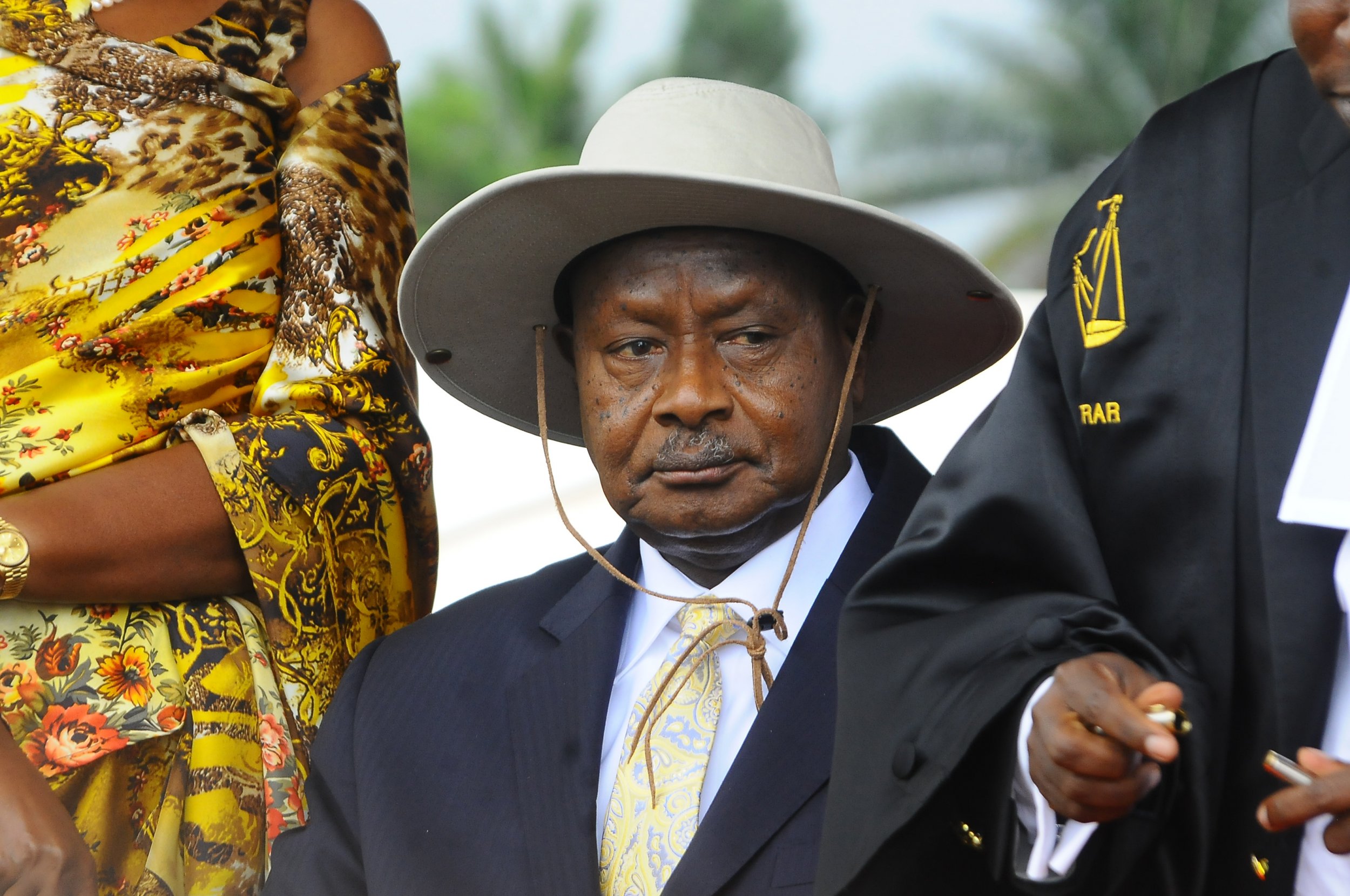
More than 5,500 so-called ghost workers have been purged from Uganda's civil service as the country attempts to crack down on a culture of corruption.
Uganda's minister for public service, Muruli Mukasa, told AFP on Thursday that 5,586 government employees—out of a total of 308,393—were removed from the state payroll. "We are submitting a list of suspected fraudulent cases to police and the inspector general of government for further investigations and possible prosecution," said Mukasa, who said that President Yoweri Museveni had ordered the use of biometric data to validate employees.
Museveni vowed to tackle the twin evils of corruption in public institutions and delayed decision-making when he was sworn in for his fifth term as president in May, following elections that were the subject of much controversy. Voting day in February was marred by delays in ballot papers reaching polling stations and a social media blackout; the European Union's observer mission said that the results were undermined by a "lack of transparency and independence;" and the main opposition candidate, Kizza Besigye, has been under virtual house arrest since the elections after denouncing the result.
The East African nation was ranked 139 out of 168 countries in Transparency International's 2015 corruption index, and the anticorruption body's latest data found that four in five Ugandans reported paying a bribe in the past year.
Ugandans view the police as the country's most corrupt public institution, according to a May 2015 survey by research network Afrobarometer—63 percent of respondents said that "most" or "all" police officials are corrupt, compared to 29 percent that thought the same of the majority of officials in the presidency. Uganda's police were accused by rights groups and opposition parties of brutality in the run-up to the election—at least one Besigye supporter was killed in clashes with the security forces in the days before the vote.
The country's top police official, Inspector General Kale Kayihura, was reportedly summoned by a Ugandan court to answer charges of torture after criminal proceedings were initiated against Kayihura and seven other senior police officers by private lawyers. Kayihura and the other officers did not attend the scheduled hearing at Makindye magistrates court in the capital Kampala on Wednesday, with the Ugandan police issuing a statement denying that the police chief had received any court summons.
Uncommon Knowledge
Newsweek is committed to challenging conventional wisdom and finding connections in the search for common ground.
Newsweek is committed to challenging conventional wisdom and finding connections in the search for common ground.
About the writer
Conor is a staff writer for Newsweek covering Africa, with a focus on Nigeria, security and conflict.
To read how Newsweek uses AI as a newsroom tool, Click here.








